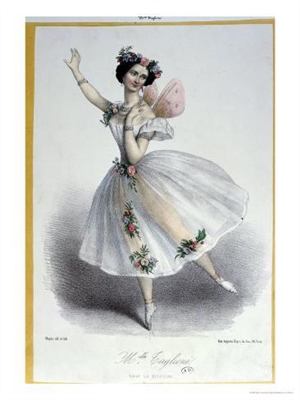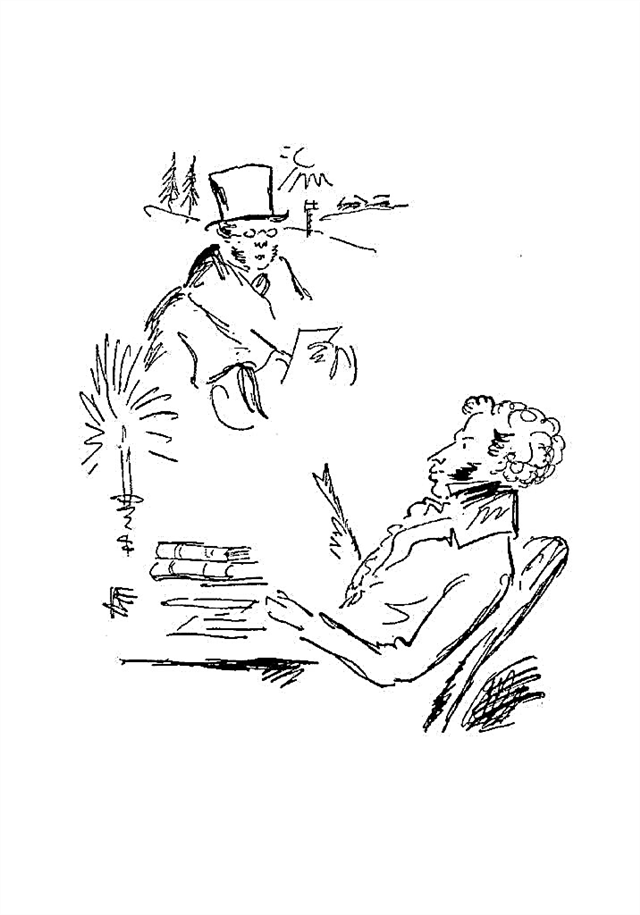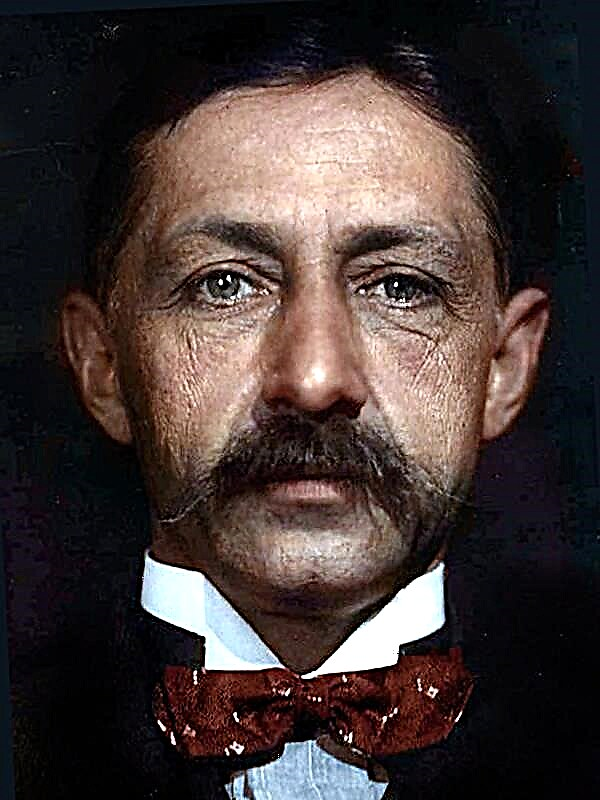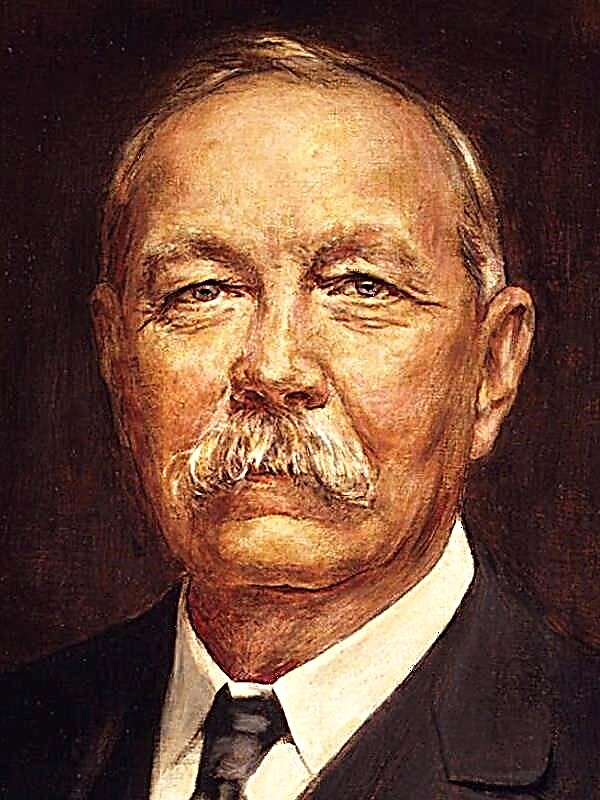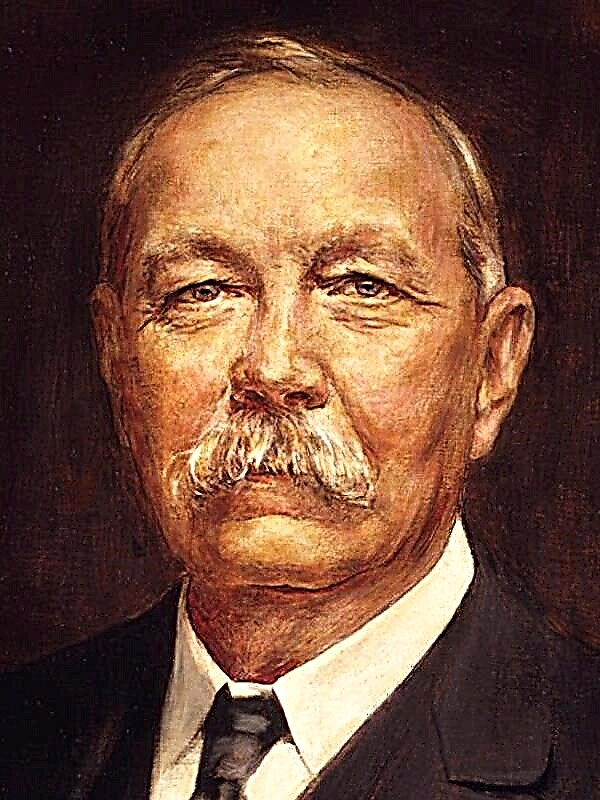Probably each of us heard about A.S. Pushkin's "Eugene Onegin" they say that this is "an encyclopedia of Russian life." But in addition to this, the author does not forget to make beautiful lyrical digressions, which allow not only to feel deeper the offensive of the main characters, but also sincerely admire the beauty of the Central Russian landscape.
Quite often, a description of the landscapes can be found at the very beginning of the chapter, before the start of the action, and sometimes in the middle, before the plot twist. The author describes nature accurately and with obvious admiration, in a word we see complete pictures that serve as excellent scenery, allow us to catch the transience of time and at the same time reflect the mood of the main characters. For example, the fourth chapter of the novel begins with a description of the mesmerizing winter landscape “A river shines, it is dressed in ice” or “And now frosts are breaking”, which allows us to understand that Onegin has been in the village for several months, and indeed, further we see a description of him life. However, only Tatyana can appreciate the true beauty of winter nature, in fact, the hero is not happy about the approach of cold weather, the monotonous rural landscape makes him bored.
The logical change of seasons allows us to clearly track the chronology of the novel: in the summer Onegin arrives in the village, autumn lives there, and leaves in winter. Tatiana decided to visit his house only in the spring. We see here that the landscape becomes the most important compositional addition to the plot, it reveals to us the inner states of the heroes, highlight the emotional reaction to the turns in their destinies.
Nature is also a means to characterize the main characters. For example, the author often compares Tatyana, who possessed a “Russian soul,” precisely with nature, even talking about the clear similarity of the characters of these two beautiful women. Here are the words that Pushkin says about Tatyana’s character: “wild, sad, silent,” just like Nature, whom she admires and even forms part of. It is worth noting that this similarity is not surprising - Tatyana grew up in the village, among the beauty of nature, she is also natural and has a genuine charm. But among all other landscapes regarding the character of the heroine, Pushkin distinguishes precisely the winter landscape, he is also pure, majestic, harmonious and strict, as well as the girl’s natural features. Thanks to her close connection with the landscape of her native village, Tatyana, before leaving, goes to say farewell words to him, and not her friends. She speaks with “peaceful valleys” as a living creature, which once again tells us about her reverent attitude to her native places. Often, Pushkin describes the landscape to us through Tatyana’s eyes: “Tatyana saw a whitened yard in the morning in the window.”
Throughout the novel, the author tells us about the close relationship of man and nature. This connection is strong regardless of our desire and lasts our whole life. For example, when Onegin just arrives in the village, we see a landscape that is in tune with his image: "For two days he seemed new Secluded fields The coolness of gloomy oak grove." However, already here we understand and clearly see the character of the hero, who is languishing from boredom, tired of everything and therefore does not see the whole beauty of the village, cannot appreciate all its charm. It was literally a couple of days in order for a new place to get bored and he began to look for new adventures.
Summing up the above, I would like to note that the descriptions of nature in the novel “Eugene Onegin” are closely intertwined with the fates of the main characters. They not only emphasize their moods, but reflect internal experiences. In addition, the abundance of beautiful landscapes, a mesmerizing poetic description and Tatiana’s especially reverent attitude to nature tell us about a deep love for nature and Alexander Sergeyevich Pushkin himself.


